Narcissism is a concept that is often used to describe extreme narcissism and self-centeredness. This personality disorder is characterized by feelings of self-conceit, lack of empathy for others, and a constant need for admiration. The name of this disorder is taken from the Greek myth of Narcissus; A beautiful huntress who became so enamored with her own reflection that she ended up dying while looking at it.
What is narcissism or narcissism?
Narcissism is a complex personality trait that can manifest in different ways in different people. Basically, narcissism appears in the form of a kind of selfishness with inability or reluctance to relate to the feelings, needs and concerns of others. Narcissists see themselves as unique and superior and take various actions to maintain this image. However, despite their arrogant personality, their relationships with others are often unstable and challenging.
It is important to note that not everyone with narcissistic symptoms has narcissistic personality disorder. Mental disorder occurs when the problem becomes a permanent problem and a dominant part of the personality. Diagnosis of the disorder is the sole responsibility of the doctor.
The influence of narcissists on society
People with narcissism can have a significant impact on society. On the one hand, they are praised for their personality and achievements as icons, celebrities or community leaders. On the other hand, lack of empathy and excessive self-focus can lead to social impairment.
Throughout history, there have been famous people who have exhibited narcissistic traits or suffered from NPD. Some of the most famous narcissists in history include Adolf Hitler, Joseph Stalin, and Saddam Hussein. These people had a profound impact on the world around them, and their behavior and actions continue to be studied and analyzed.
Narcissists of the era ancient
Narcissism is a human trait that has existed for centuries and many ancient figures have been accused of narcissism.
Nero, Roman Emperor
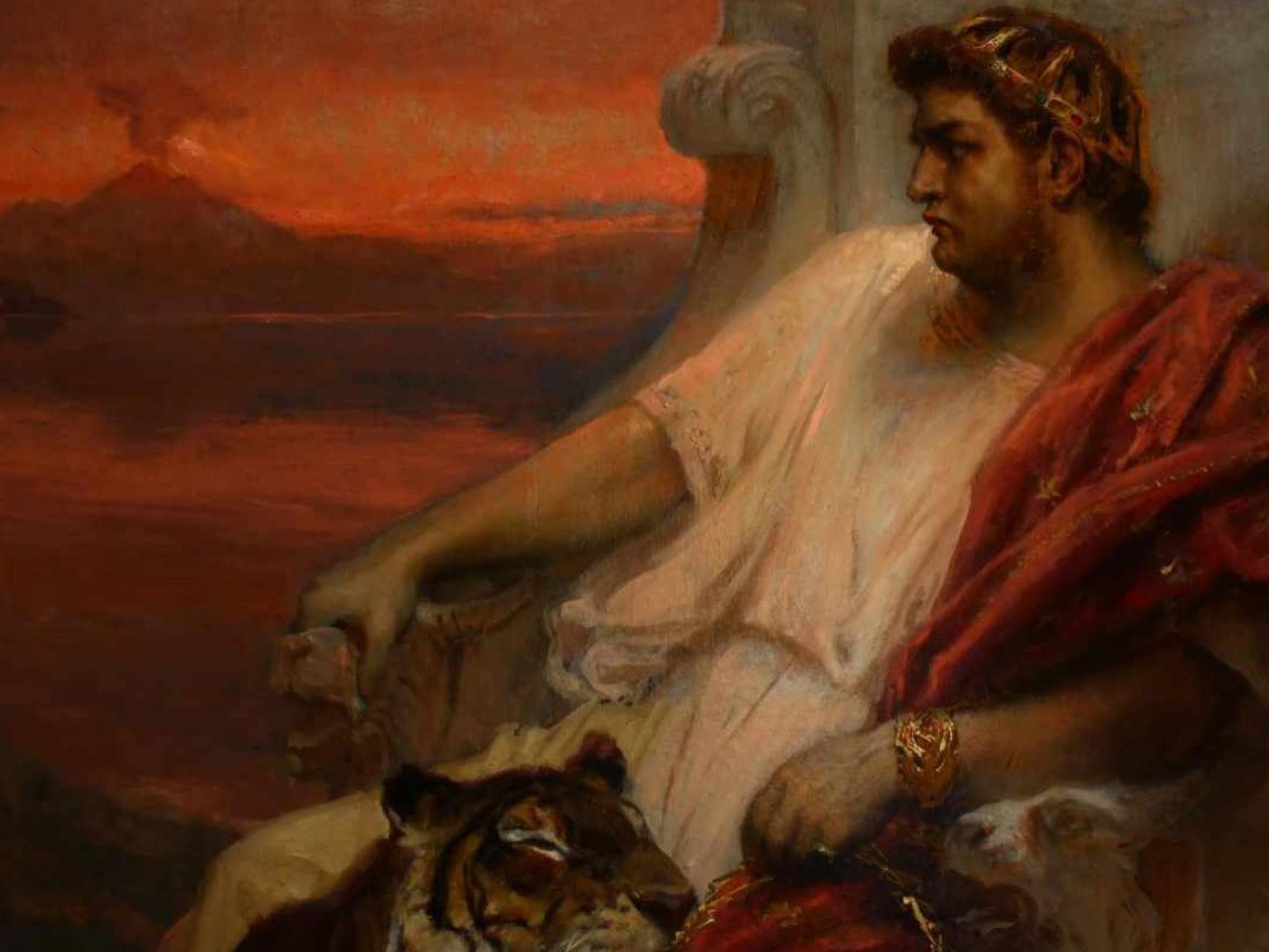 Nero ruled Rome from 54 to 68 AD and was famous for his narcissism and cruelty. He considered himself a great musician and poet and often asked people to worship him as a god. Nero’s narcissism led to flamboyant displays of wealth and power, such as his House of Gold, which was so luxurious that it covered a third of the central area of Rome.
Nero ruled Rome from 54 to 68 AD and was famous for his narcissism and cruelty. He considered himself a great musician and poet and often asked people to worship him as a god. Nero’s narcissism led to flamboyant displays of wealth and power, such as his House of Gold, which was so luxurious that it covered a third of the central area of Rome.
Despite the magnanimous image he created, Nero’s reign was marked by political instability, persecution of Christians, and economic problems. His obsession with his personal desires led to the neglect of people’s needs and caused public suffering and unhappiness. Nero’s narcissism eventually led to his downfall, as he was forced to flee Rome and suicide It happened in 68 AD.
Cleopatra, Queen of Egypt
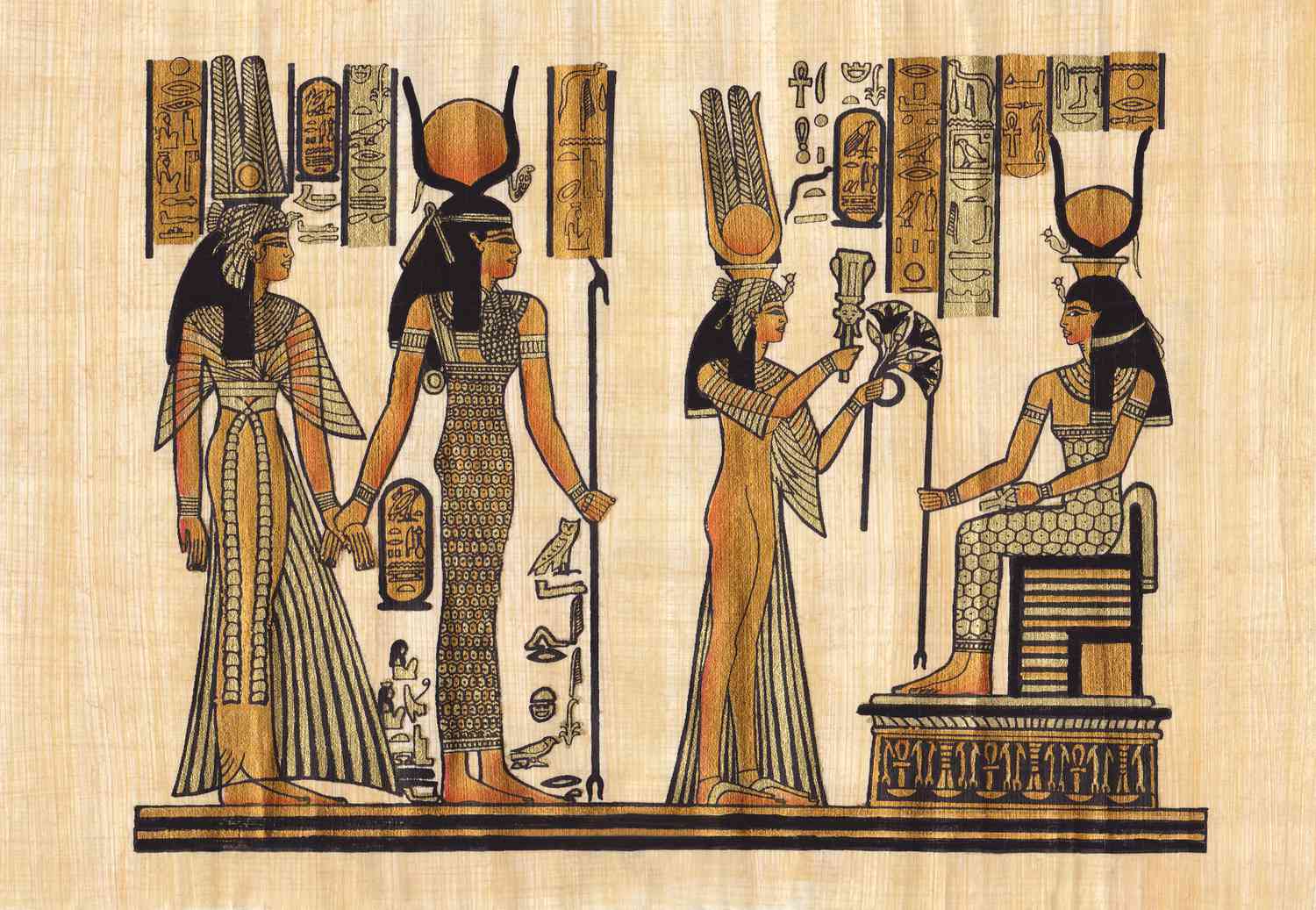
Cleopatra VII was the last pharaoh of Egypt and a legendary woman. She is famous for her intelligence, charisma and political acumen, but she was an unrivaled narcissist.. Cleopatra fancied herself a ruler and often dressed as a goddess. Iziz was portrayed. He cared about his appearance/ it is reported that he slept with a mask of pure gold to preserve the youthfulness of his features.
Cleopatra’s narcissism worked to her advantage, allowing her to gain powerful allies and cement her position as a powerful queen. Her charm and beauty were powerful tools in the world of politics, and she used them to gain her ends in negotiations with Rome. His intelligence and shrewdness were also factors of his success, because he was able to surpass his competitors and maintain his strength.
However, Cleopatra’s narcissism may also be the cause of her downfall. Her relationship with Mark Antony, the Roman general and politician, provided an image of the Egyptian queen’s perception of invincibility. However, this image ultimately led to the failure of this alliance and the end of a great era in Egypt.
Narcissism in the world of politics
Adolf Hitlerthe leader of Nazi Germany
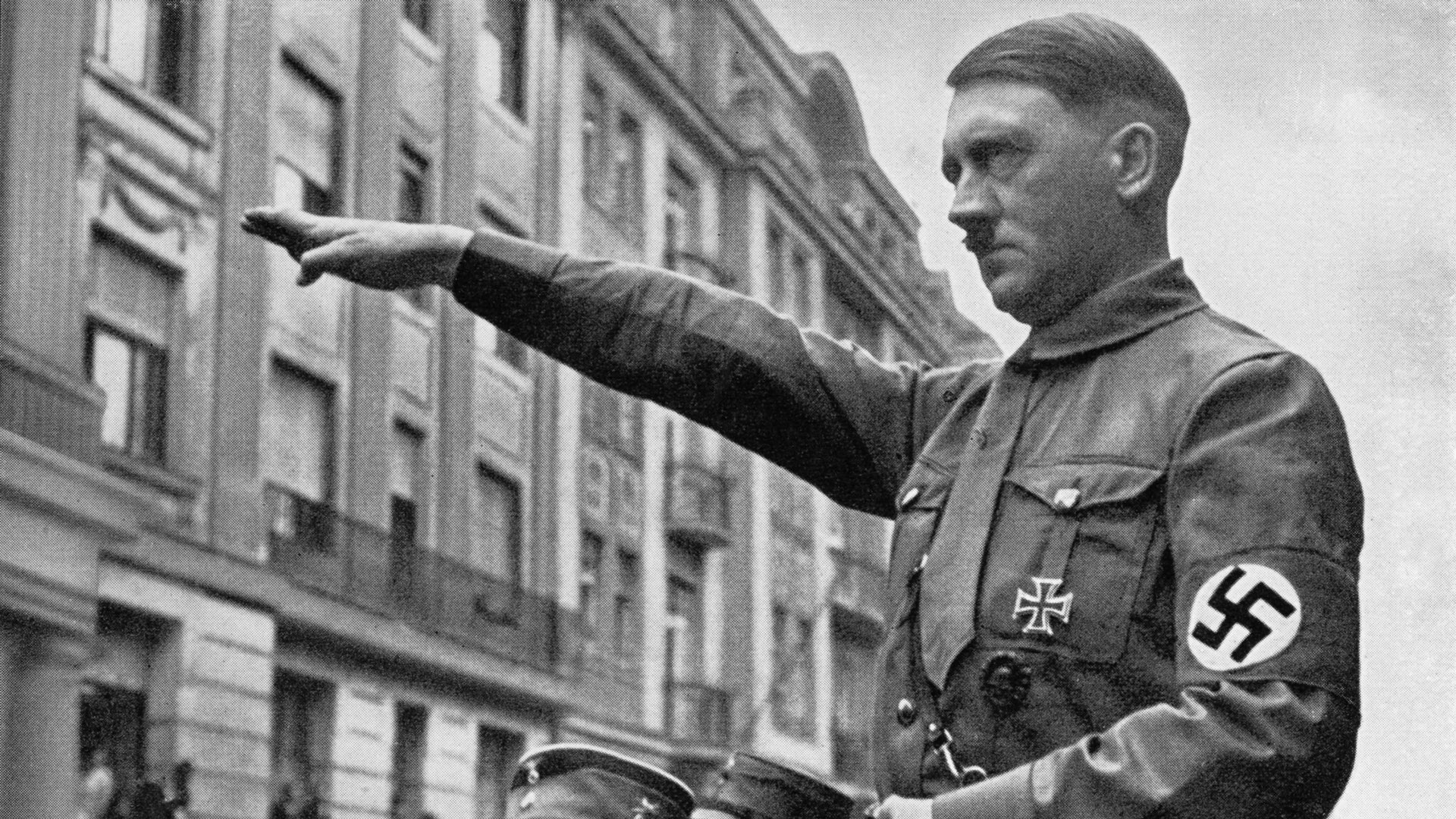
Adolf Hitler, leader of the Nazi Party and chancellor of Germany from 1933 to 1945, saw himself as a messianic figure who was to build the Third Reich (Third Reich) and create a superior race. Hitler’s regime was responsible for the deaths of millions of people during the Holocaust and the start of World War II. Hitler’s narcissism prevented him from understanding the suffering of others and created an atmosphere of fear and oppression that continued for years.
Hitler’s narcissism was evident in his speeches, which were full of grand claims and empty promises. He believed that only he has the ability to lead Germany to glory and anyone who stands in front of him is an enemy of the government and Germany. His narcissism led to his downfall as he ultimately refused to listen to his superiors and made disastrous military decisions that ultimately led to Germany’s defeat.
Joseph Stalinthe leader of the Soviet Union
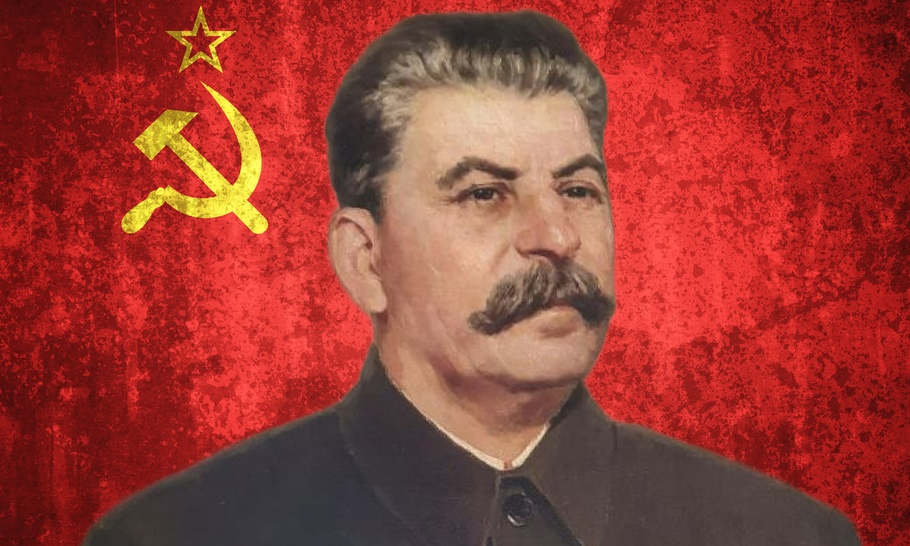
Joseph Stalin was the leader of the Soviet Union from the late 1920s until his death in 1953. The name of Stalin’s regime is associated with terror, repression and forced industrialization. Stalin considered himself a genius and visionary leader, and his worship and praise spread throughout the Soviet society. Stalin’s narcissism led to the murder of millions of people during the Great Purge and the entry of the Soviet Union into World War II.
Stalin’s narcissism in strengthening Paranoid personality disorder He and his readiness to eliminate anyone he saw as a threat was effective. His narcissism made him first isolate Russia diplomatically and then become more and more isolated himself.
Benito Mussolini, fascist dictator of Italy
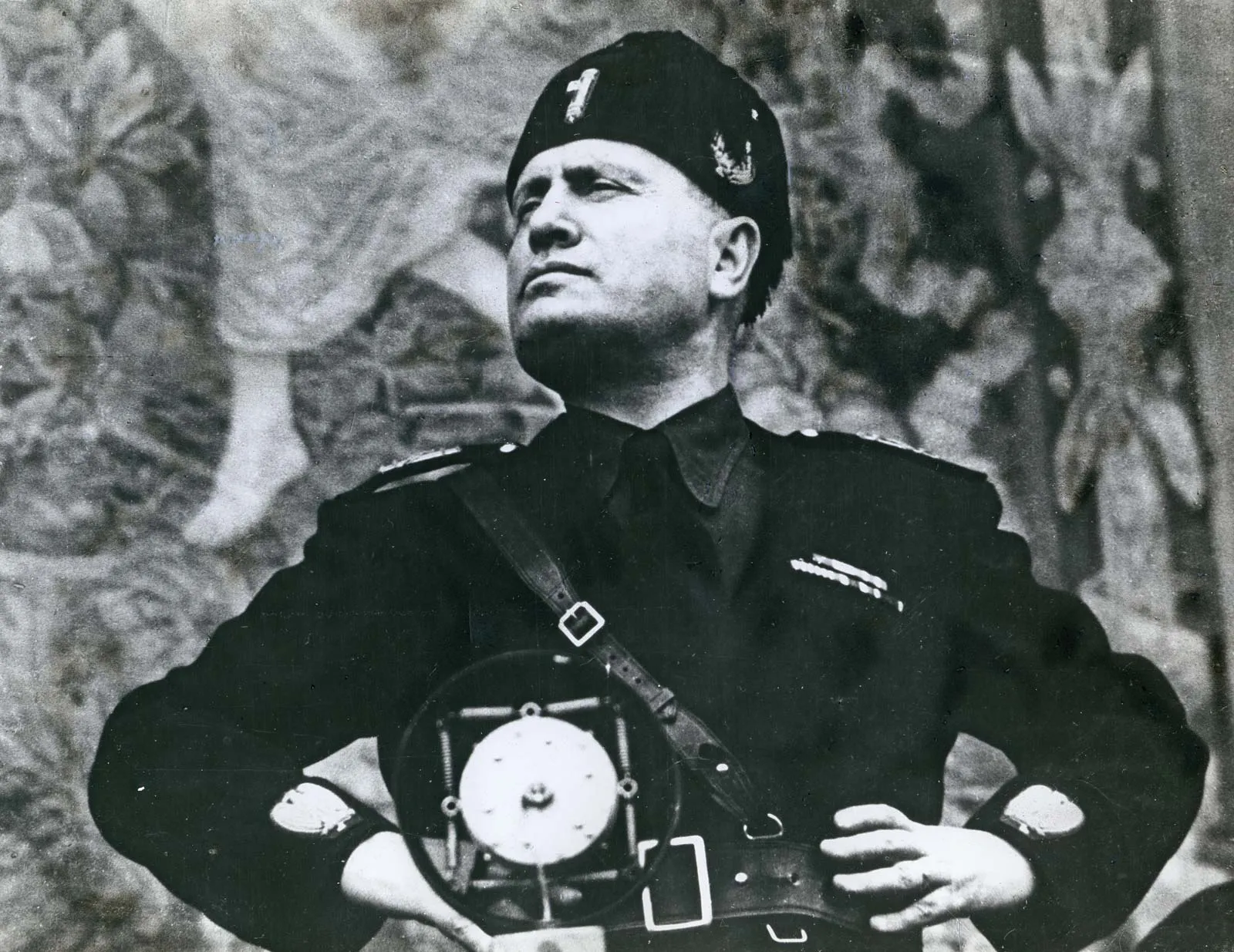
Benito Mussolini, the founder of Italian fascism and the country’s prime minister from 1922 to 1943, his regime was characterized by authoritarianism, nationalism, and militarism. He considered himself the embodiment of the Italian people and the savior of the country. Mussolini’s narcissism led him to occupy Ethiopia and Albania and bring Italy into World War II.
Mussolini’s narcissism was evident in his speeches, which were full of grandiose claims about his abilities and the superiority of the Italian people. He believed that only he can lead Italy to victory and to oppose him is to oppose Italy.
Narcissistic celebrities
Celebrities are often known for their narcissistic behavior. These three examples explain why.
Kanye West, musician and fashion designer

Kanye West is known as a talented rapper, producer, and fashion designer, but his narcissism is undeniable. He described himself as a genius and even a god and made many public statements about his greatness. West’s narcissism has led to out-of-control behavior in public, feuds with other celebrities, and criticism from fans and the media.
Madonna, pop music icon

Madonna is a pop icon who has sold more than 300 million albums worldwide. He has been praised for his charming outspoken persona and his ability to stay in the spotlight of the music industry for decades. However, Madonna’s narcissism has also been controversial, particularly in the way she treats other celebrities and her desire for attention.
Marilyn Monroe, Hollywood actress

Marilyn Monroe, the Hollywood actress and icon of glamor who is still known as a legendary figure. Monroe was known for her beauty, intelligence and ability to capture the hearts of audiences. But it cannot be denied that his personal life was affected by a sense of insecurity and a need for constant validation. Monroe’s narcissism, though ultimately tragic, was instrumental in establishing her as a Hollywood legend.
Literary narcissists
Narcissism can also be found in the works of some of the world’s most prominent writers.
Oscar Wilde, Irish playwright and poet
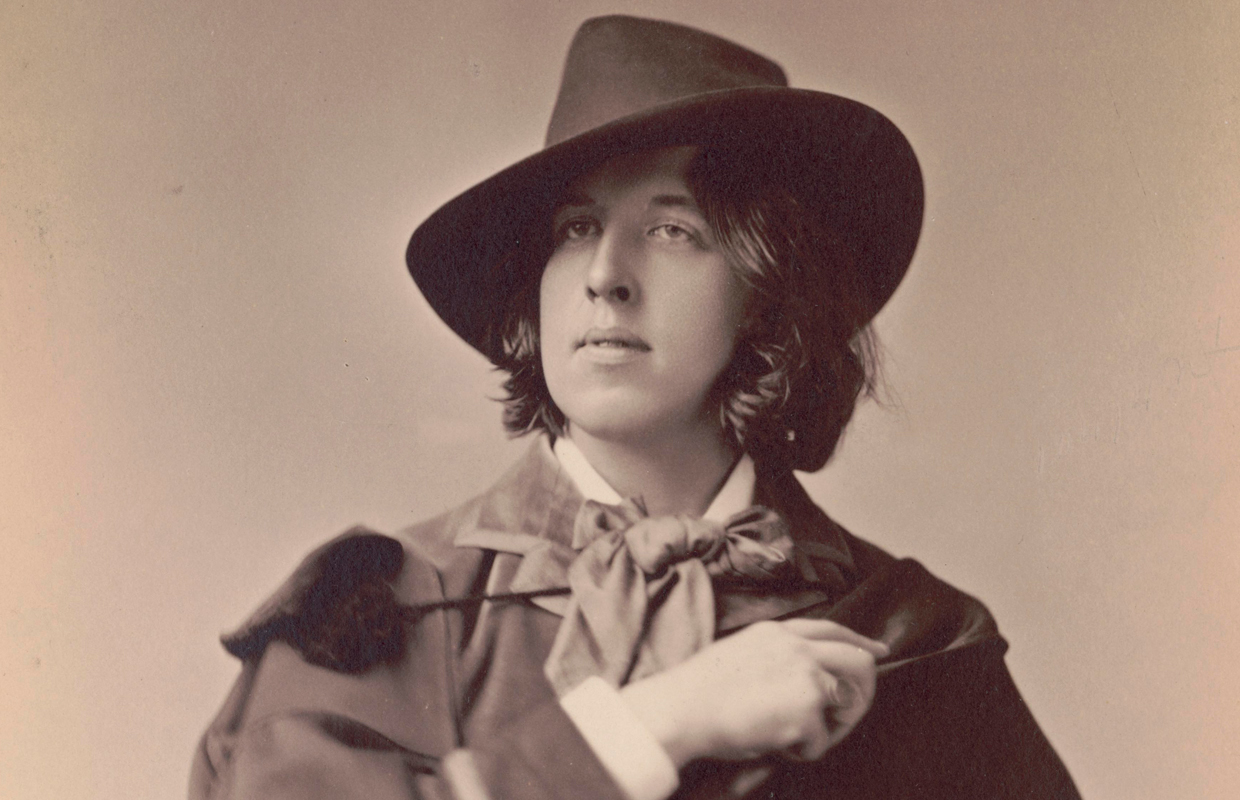
Oscar Wilde is an Irish playwright, poet and novelist known for his wit, humor and glamorous life. However, Wilde’s narcissism led to his downfall; He was convicted of homosexuality and sentenced to two years of forced labor. This experience had a profound effect on his later works.
Ernest Hemingway (Ernest Hemingway), American writer

Ernest Hemingway was an American novelist and short story writer known for his minimalist style and portrayal of tragic masculinity. Hemingway is also remembered for his love of adventure, hunting, and bullfights, and his penchant for portraying himself as a great hero. However, critics have noted narcissistic tendencies in Hemingway’s writing, particularly in his portrayal of women and his own personality. Hemingway’s narcissism, although fueled by his success, ultimately led to his tragic end.
Narcissism: a monster with many faces
Although narcissism can sometimes lead to great achievements, it can have devastating consequences for the individual and society. These ten characters exemplify the complex nature of narcissism and remind us how this trait can manifest in different ways in different contexts.
Source Link

